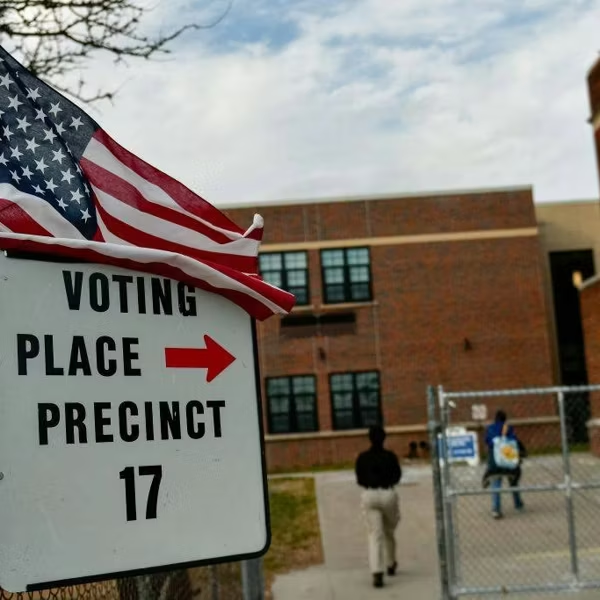Most Canadians are breathing a huge sigh of relief from avoiding total catastrophe after voting out Stephen Harper. As Seth Klein and Shannon Daub wrote, "it feels like a weight lifted, like we as a country have a chance at being our best selves, instead of our worst."
Since the Oct. 19 election, I've been reflecting a lot on the incredible work of activists and social change organisations whose immeasurable contributions helped shift Canada to become a more caring and just society. Yet I can't help feeling like most citizens don't appreciate the near-impossible task of shedding light on injustices when competing for airtime from corporate-owned media giants.
Thankfully, this federal election exposed newspapers like The National Post and The Globe & Mail for their inherent biases when they once again endorsed the Conservative Party despite the party's shameless attack on our democracy. This was just as bad as Wayne Gretzky's endorsement and his disingenuous excuses after.
One day after the Post endorsement and only two days before the election, Postmedia printed full-page front cover Conservative Party ads on their newspapers, including The Vancouver Sun and The Ottawa Citizen. Their actions remind us of the urgent, democratic need to support our national broadcaster CBC-Radio Canada, and independent news media outlets like The Tyee and Ricochet.
Talking politics with friends and family
I've also been reflecting on those of us who attempt to reach out to close friends and family on vital issues that are important to us, only to be ignored, dismissed, or dragged into childish arguments. I've been thinking about all the invitations to solidarity rallies that are declined or deleted.
The next time you're told to "calm down" when speaking up against injustice, it might help to think about the dangerous and destructive "fetish of centrism." That is, the fetish "of reasonableness, seriousness, splitting the difference, and generally not getting overly excited about anything." (Naomi Klein, "This Changes Everything") And then keep expressing yourself -- openly, honestly and genuinely -- to anyone who will listen. I am so grateful for all those who acknowledge our concerns, share our posts, forward our emails, and stand beside us at rallies.
Anything is possible
I was 29 years old when I finally internalised this belief. That's when my dad died tragically from a neurological disease called Progressive supranuclear palsy, or PSP. He was 64 years old. This degenerative disease relentlessly attacked all his motor functions. No longer able to eat or drink and refusing to surgically insert a feeding tube in his stomach, he only had a few days left to live.
I asked if he wanted to see my mom. Although they went through a painfully bitter divorce a decade ago, he gave me a thumbs up (he hadn't been able to speak for over a year). I never imagined this could happen, but my mom flew into Vancouver from Toronto the very next day. She sat beside his bed, held his hands, and they prayed together. I stood at the foot of the hospice bed and at that moment I believed anything was possible.
That's what faith means to me.
It's this unbreakable belief that miracles can happen, like the ancient stories in the Bible of Jesus feeding thousands, healing the sick, and rising from the dead. It's my faith that prevents me from feeling hopeless and cynical, and motivates me to work and volunteer at not-for-profit organisations.
There's no excuse for ignoring an invitation from loved ones to meaningfully discuss social and, yes, political issues. It's also not enough to support charitable causes if we're not also supporting social justice organisations that are addressing the root causes of poverty, inequality, and climate change.
If you don't know where to start, trying reading The Leap Manifesto: A Call for a Canada Based on Caring for the Earth and One Another. Then sign the petition and share it with your closest friends and family.
Let's keep up the pressure on our political leaders and show everyone that a more fair and compassionate society is possible.



